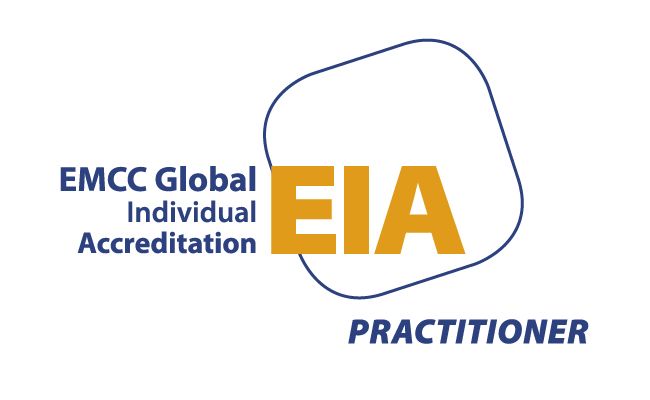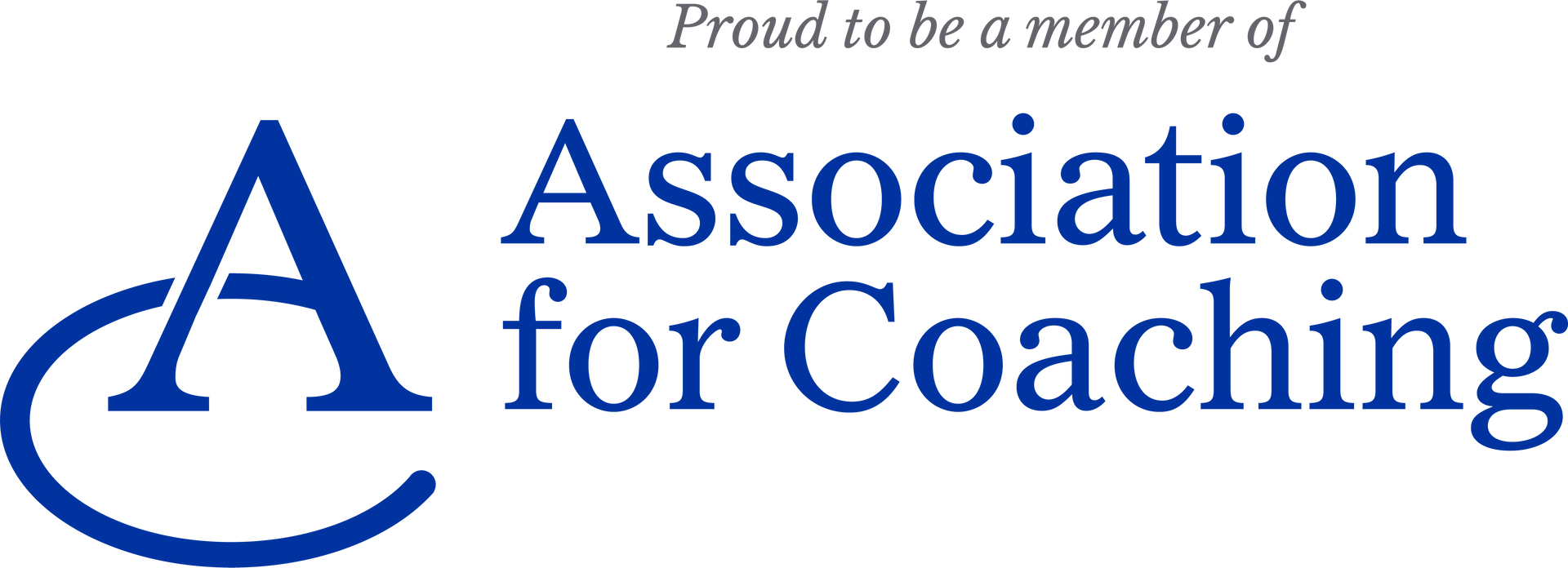Transform Your Professional Development Reviews: From Disappointment to Celebration
Sadly, for many, professional development reviews fail to meet expectations.
Review meetings are a great way to get to know your team members ambitions, the views on how work is going for them and to celebrate the great things that they are doing day in day out. It is the place where frank and open conversations can be had on your expectations of your employee and vice versa.
Too many times I hear the dismissive tones of employees when they talk about their Personal Development Review.
There is an undercurrent of it being formulaic and not really about celebrating the great things they have done, but more a tool to be tasked with more… tasks.
Employees I have spoken to say they resigned to the fact that their manager will move the meeting time, cancel at the last minute and cut the meeting short.
And even worse that their manager won’t schedule any review meetings from one year to the next.
A review meeting is process that enables you as a leader to have meaningful conversations with your people on a one to one level. That supports reflective practice as well as goal setting. That nurtures ambition and keeps people motivated and productive.
Most people-focused organisations will have a Personal Development system, the question is :
- how is its purpose communicated to employees?
- what time do you dedicate to preparing for the session?
- what time do you dedicate to hold the session?
- how much effort do you and your employee put into getting the right goals for them and the business?
- how balanced is the session in terms of time you talk versus the time your employee talks?
- are you comfortable to have a balance conversation around poor performance?
Too many times I see great processes but poor execution.
I always had a raft of personal goals that I wanted to achieve in a year and some managers embraced my development, kept me accountable, connected me with others in the business who could support my growth and celebrated with me when I achieved the goals.
Others were more interested in their own personal goals, and not mine. You have guessed it, I gave more to the former, in terms of energy, enthusiasm, productivity and innovation.
Too many times I hear of PDP / PDR meetings being cancelled at short notice.
This is a big NO!
As a leader you need to demonstrate prioritisation of the personal development of your team, and cancelling meetings simply doesn’t align with a people-focused leader.
If you want to lead with impact and purpose make the time and energy required to sit with your employees and
- listen to how well they think they have done, celebrate with them
- explore their business and personal development goals, and clarify their ambitions to help them bring them to life and believe in them
- challenge them if they don’t come with a personal growth idea, they may think they don’t have permission to be ambitious for themselves
- be proactive – set the meetings up and stick to them!
and finally, check in with them through the year and raise their personal goals with them at the meeting to ensure they know that you are interested in their personal development, not just in task deliverables.




